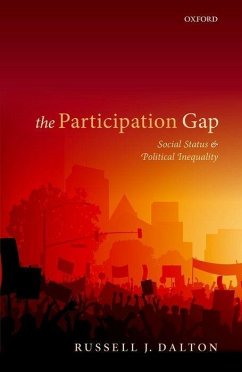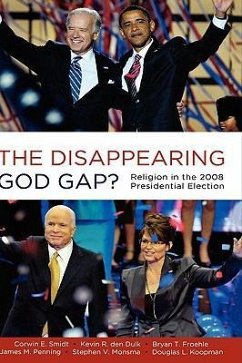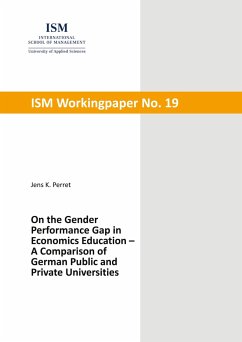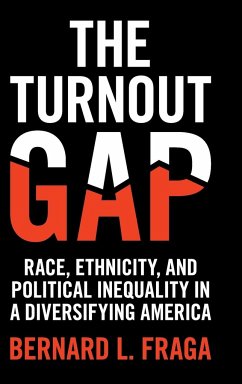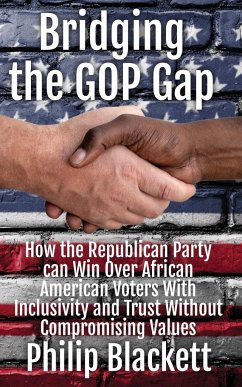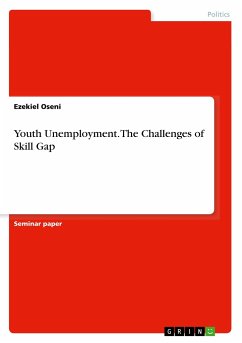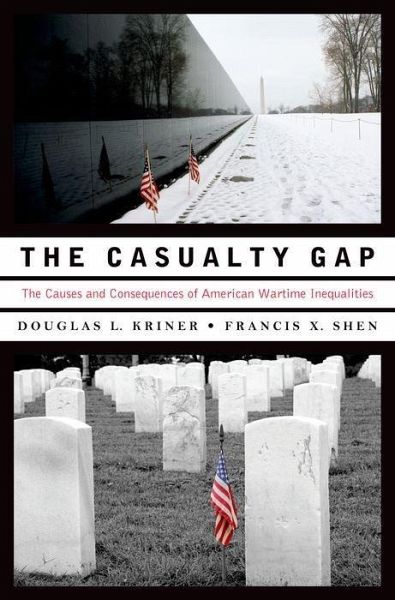
Casualty Gap
The Causes and Consequences of American Wartime Inequalities

PAYBACK Punkte
29 °P sammeln!
The Casualty Gap shows how the most important cost of American military campaigns--the loss of human life--has been paid disproportionately by poorer and less-educated communities since the 1950s. Drawing on a rich array of evidence, including National Archives data on the hometowns of more than 400,000 American soldiers killed in World War II, Korea, Vietnam, and Iraq, this book is the most ambitious inquiry to date into the distribution of American wartime casualties across the nation, the forces causing such inequalities to emerge, and their consequences for politics and democratic governan...
The Casualty Gap shows how the most important cost of American military campaigns--the loss of human life--has been paid disproportionately by poorer and less-educated communities since the 1950s. Drawing on a rich array of evidence, including National Archives data on the hometowns of more than 400,000 American soldiers killed in World War II, Korea, Vietnam, and Iraq, this book is the most ambitious inquiry to date into the distribution of American wartime casualties across the nation, the forces causing such inequalities to emerge, and their consequences for politics and democratic governance.





